- Empty cart.
- Continue Shopping
Brazelian Mulberry
Original price was: ₹1,200.00.₹850.00Current price is: ₹850.00.
Genus : Mulberry
“Indulge in the exotic flavors of Brazilian Mulberry with our fruit plants. These trees bear delicious and nutritious Mulberries that are packed with vitamins and antioxidants. With their sweet and juicy taste, Mulberries are a delightful treat for fruit enthusiasts. Our high-quality Brazilian Mulberry fruit plants are carefully cultivated to ensure healthy growth and abundant harvests. Enjoy the tropical goodness of Mulberries and enhance your garden or orchard with these exotic and fruitful trees. Order now and experience the delectable taste of Brazilian Mulberries!”
Brazilian Mulberry, also known as the Jabuticaba fruit tree, is a tropical fruit tree native to Brazil. It is a slow-growing, evergreen tree that can reach a height of up to 40 feet. The tree produces small, white, fragrant flowers that bloom on the trunk and branches, followed by large, grape-like fruits.
The fruits of the Brazilian Mulberry are round, purple-black berries with a thick skin and a juicy, sweet pulp. They are eaten fresh or used to make juice, jams, and wines. The fruits are rich in vitamin C, antioxidants, and other nutrients.
The Brazilian Mulberry tree is easy to grow and prefers full sun and well-draining soil. It can tolerate a range of soil types, including sandy, loamy, and clay soils. The tree is drought-tolerant and can survive long periods without water, but will produce better fruit with regular watering during the growing season.
Propagation of the Brazilian Mulberry is usually done by seed, but it can also be propagated by cuttings or grafting. The tree is self-fertile and does not require cross-pollination to produce fruit.
In addition to its fruit, the Brazilian Mulberry is also grown for its ornamental value. The tree has a beautiful, symmetrical shape and attractive foliage, and is often used as a shade tree or as a specimen tree in gardens and landscapes.
Overall, the Brazilian Mulberry is a versatile and easy-to-grow tree that produces delicious and nutritious fruit. It is a great choice for tropical and subtropical gardens and is sure to be a standout feature in any landscape.


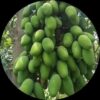

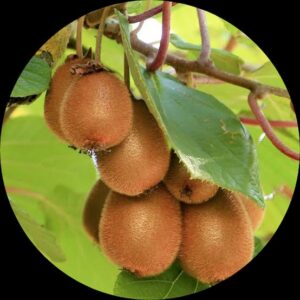
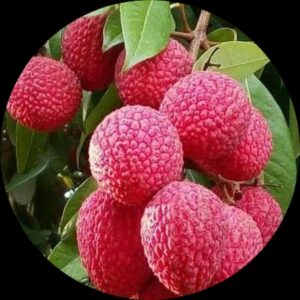
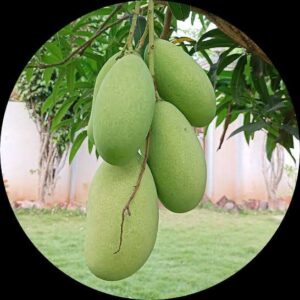
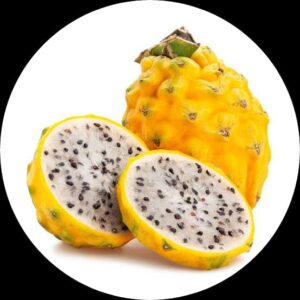

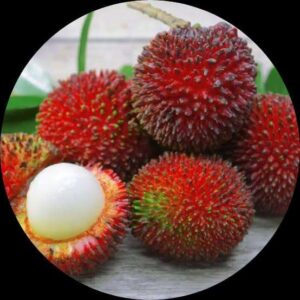

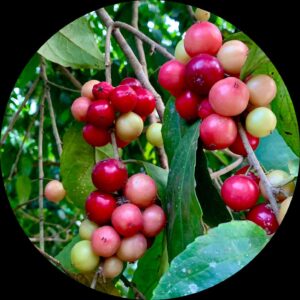
Reviews
There are no reviews yet.